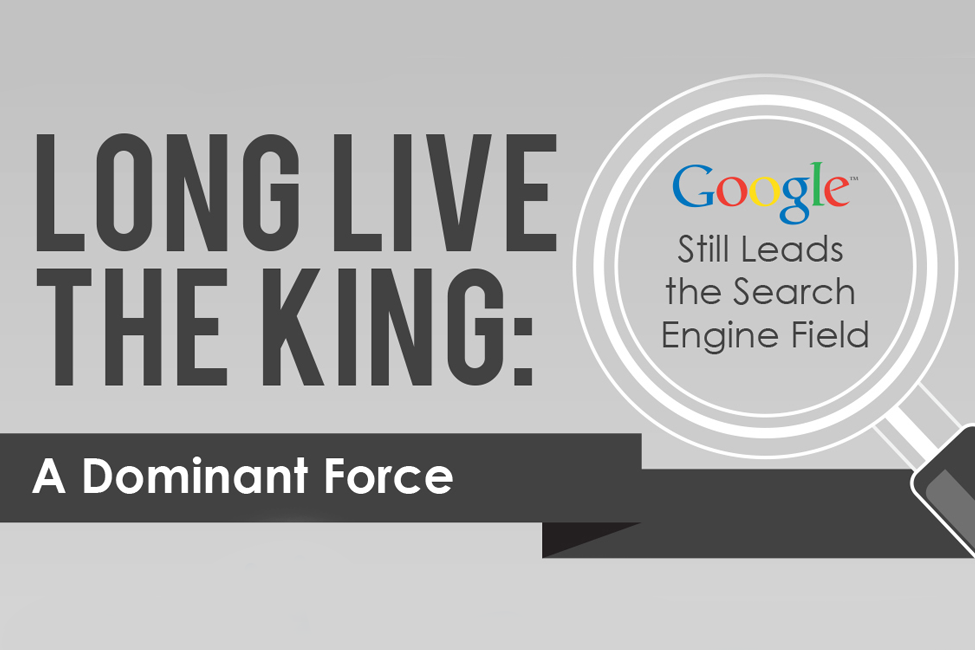
Nov 17, 2015
With a 70% market share, Google has a dominant lead over its rival search engines. Its algorithms will be the monolithic standard of search engine optimization for the foreseeable future. Don’t let yourself be crushed by this enormous data. Take a look at these interesting stats with this infographic from SlideGenius and get on board with the undisputed SEO heavyweight champ.

Apr 2, 2008
If you haven’t heard of human powered search engine, Stumpedia, you might want to give it a whirl. It is essentially a human-powered search engine with a social aspect to it. In other words, Stumpedia allows content producers to submit and profit from their work and then allows the search community to determine relevancy of search results. While it is similar to human powered search engines Mahalo and Wikia Search, it differentiates itself because it is powered by the very people that use it.
Mar 6, 2008
Lot’s of talk related to search engine Ask lately. First there were rumors that Ask would be laying off some of its workforce and abandoning the Teoma technology they had worked so hard on the last few years. Then Ask responds and calls the rumors false. Those of us who are cheering Ask on in the battle for search market share breathed a sign of relief… but not for long.
Feb 26, 2008
Yahoo is making some noise at the current SMX West conference in Santa Clara. They have officially launched Yahoo! Buzz, a Digg style social news site and at the same time are unveiling a project code-named “Search Monkey” which consists of a set of open-source tools that allow users and publishers to annotate and enhance search results associated with specific web sites.
Jul 23, 2007
I was asked recently if Google’s dominance in search would ever change, at least anytime soon, to which I responded that I did not believe so unless they make a major mistake. And what is the most crucial area that Google needs to pay close attention to? How they handle privacy.
More and more Internet users are worried about the amount of information Google and other search engines have on them. In fact, my father recently told me that he was through with Google because he feels they have become a type of “big brother.” He does not trust their privacy policy practices.
Jun 12, 2007
After putting together a clever post grading Google’s acquisition progress over the years, Joe Sinkwitz from the Pay Loan Affiliate Blog has put together another report card grading acquisition behavior. This time it is for Yahoo! The Yahoo! Acquisition Report Card reaches back to their first acquisition of Net Controls in September 1997 to its most current acquisition of Right Media in April 2007.

Jun 11, 2007
I came across a few nifty keyword research tools that Microsoft is experimenting with in adCenter Labs. What is adCenter Labs anyway? It appears to be a place where Microsoft beta tests tools that they might eventually make available for general use.

Jun 5, 2007
Ask has made some pretty significant changes over the last year and a half. First they got rid of the butler and now they have gone 3D. This new three dimensional version not only includes a major overhaul of the home page as well as the way search results appear, they have also added a laundry list of new features and resources.
Jun 4, 2007
TechCrunch is reporting that Microsoft has gathered a team of twenty or more “rock star” developers who’ve been tasked at building their next generation search engine. Few other details are provided with the exception that the engine would be “horizontal” and will be very cool. My reaction – yawn.
Mar 8, 2007
I don’t know how I missed this. Possibly because the day it was posted was my birthday and I was out of the office most of the day. What I am referring to is a post on the Stepforth blog by Ross Dunn announcing Yahoo!’s revamping of their paid inclusion program. Even had I come upon the news, I probably would have merely yawned because really, who cares about their paid inclusion program anyway? Instead of revamping it, they should killing it.












